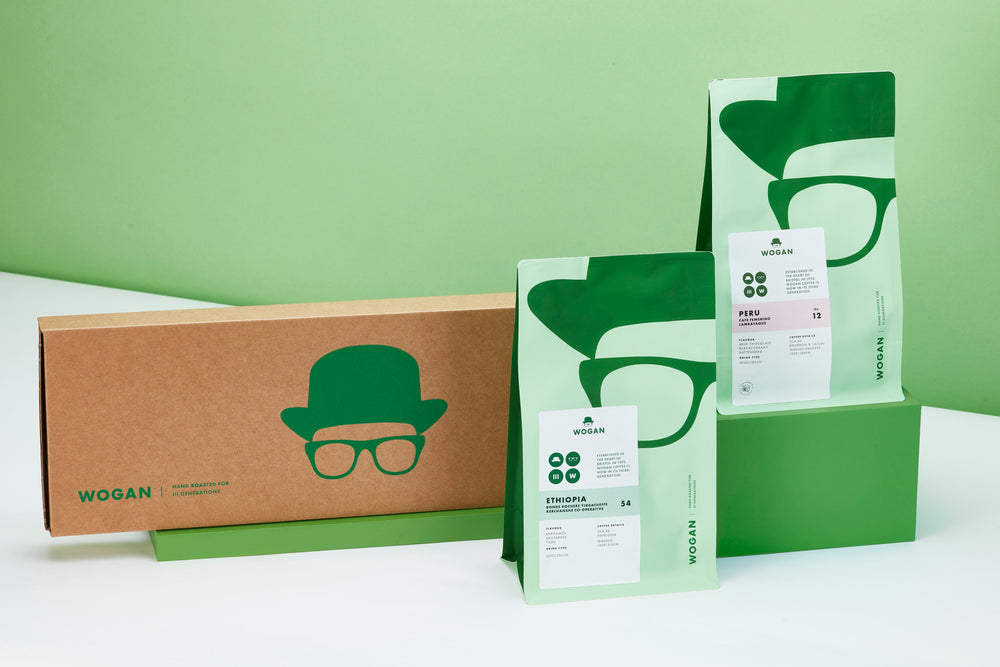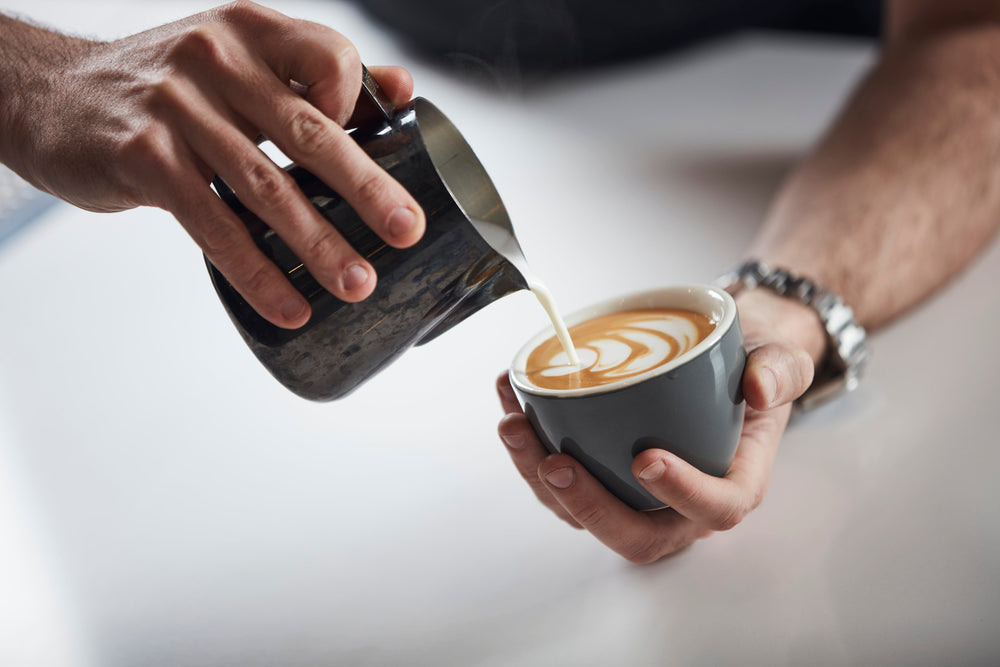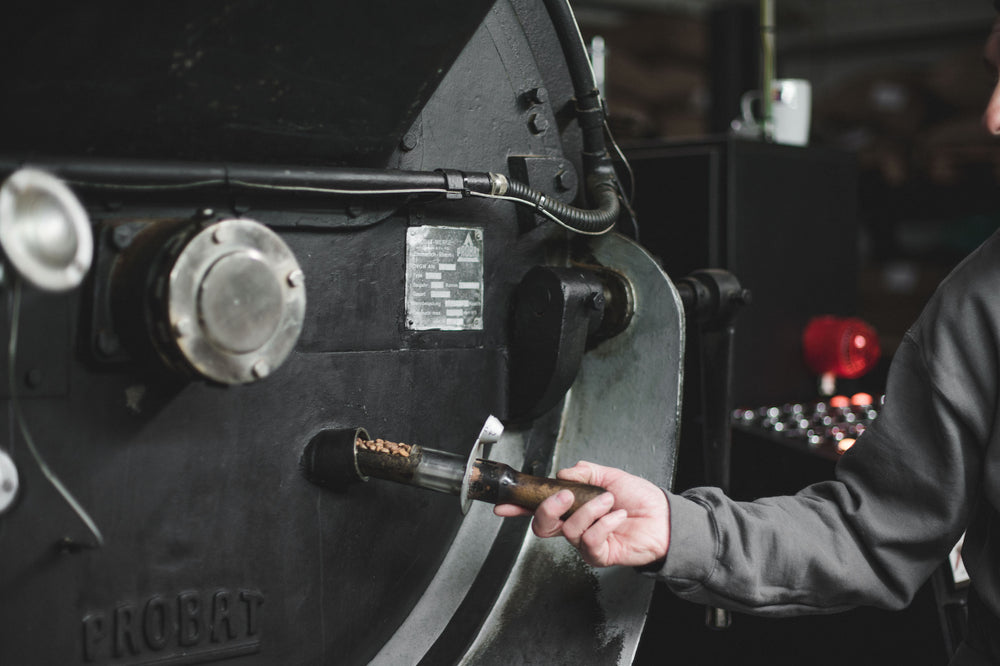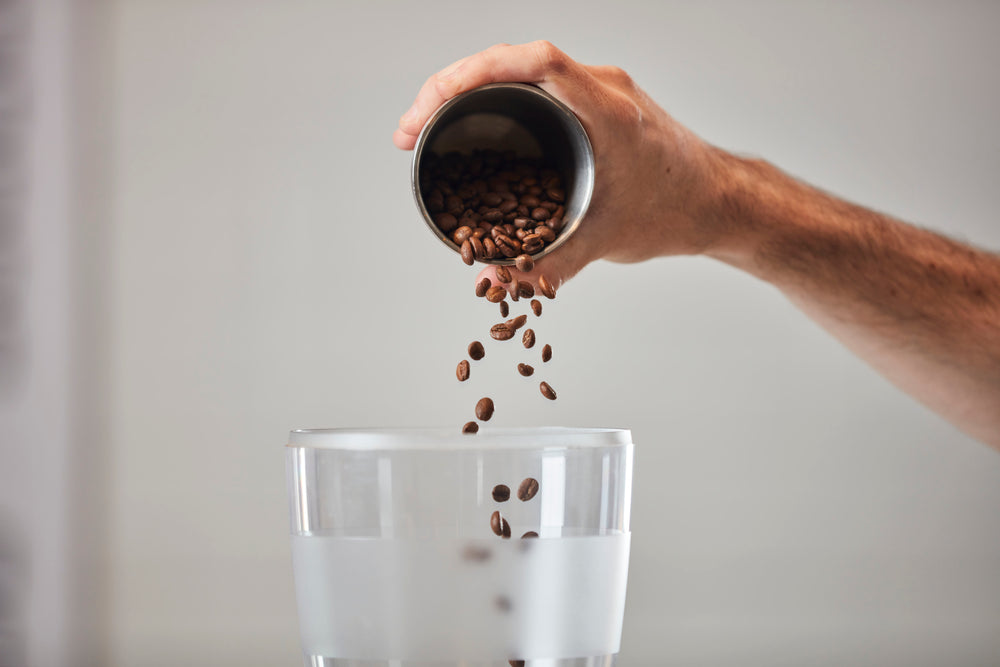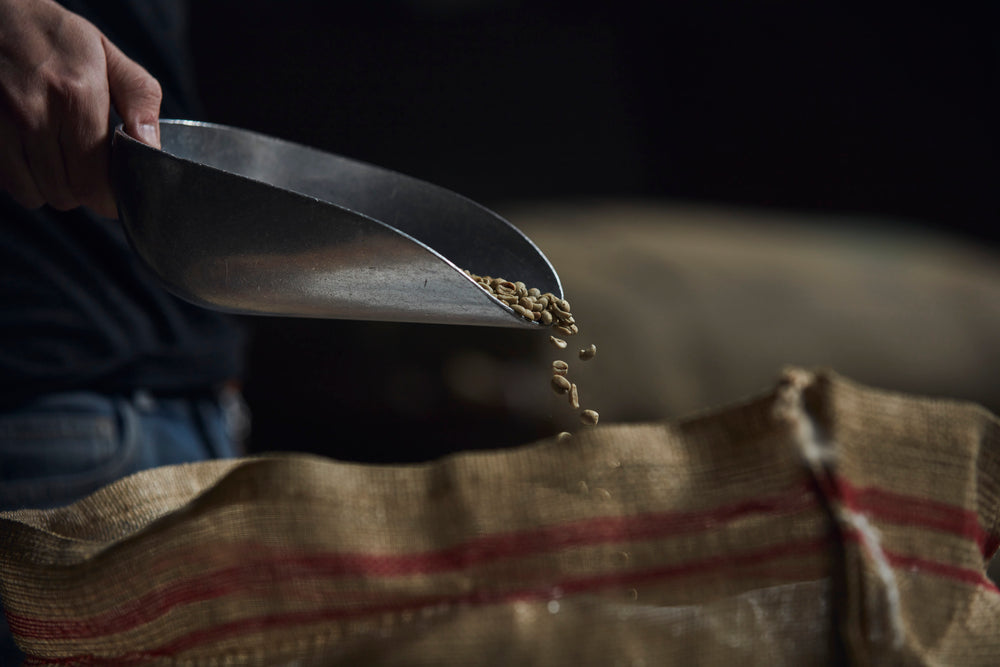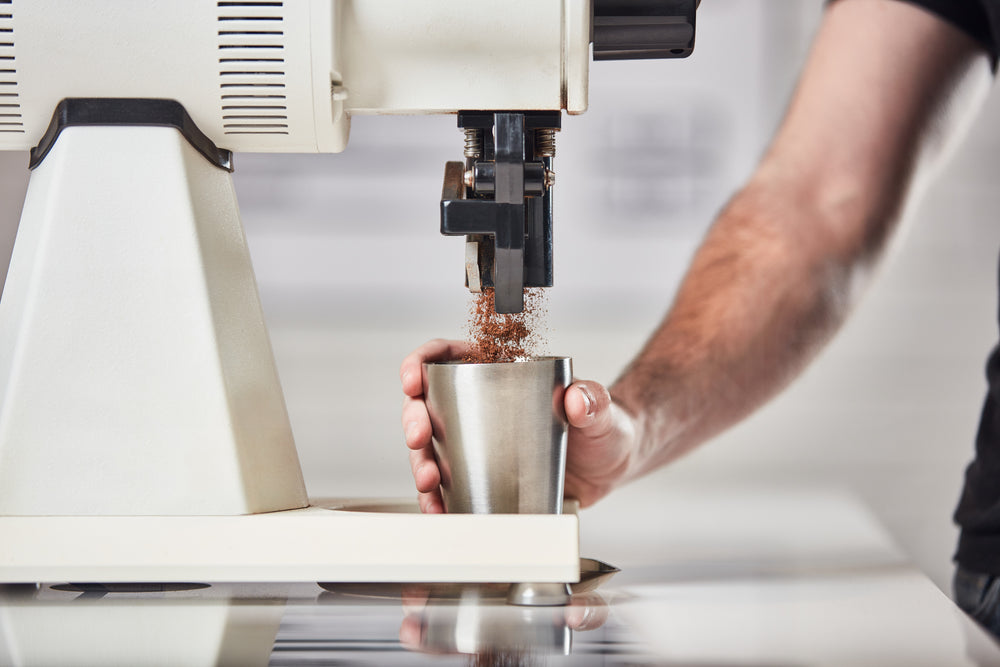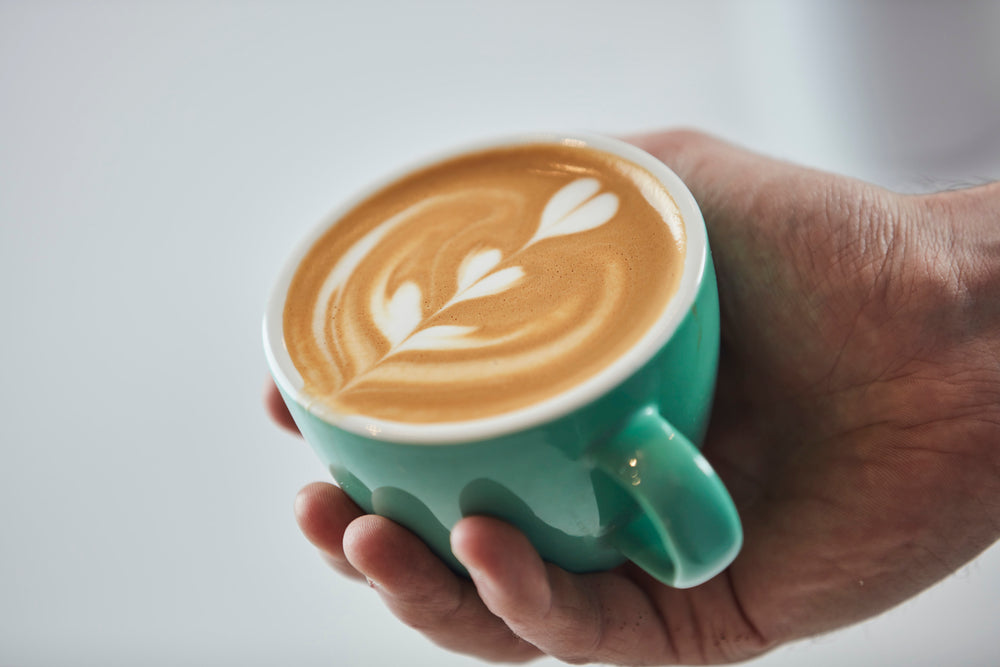
MONTHLY SPECIAL - Tanzania, Mbili Twiga AA, Kilimanjaro
rhubarb ~ demerara ~ apple pie
Every month, our resident Q Grader and third-generation Wogan, James, searches the world to find a coffee that is ‘weird and wonderful’, and truly excites. A micro-lot, a great back-story, an impressive cooperative, or a particularly unusual taste; once it's gone, it's gone.
We keep the prices of these extraordinary coffees down, so that you have the chance to try something that you might not be able to get your hands on otherwise.
The farm
The first coffee grown in the Kilimanjaro region was planted by Catholic missionaries in Kilema at the end of the 19th Century. Throughout the 20th century western demand for coffee grew and as a result cultivation spread through many regions of Tanzania. Appearing first by locals growing as a cash crop in 1919, they came together to form an Association to protect their interests after settling westerners expressed concern over diseases and pests being caused by the expanding cultivation of coffee.
The Cooperative model continues with Agricultural Marketing Cooperative Societies (AMCOS), including Rural Cooperative Societies (RCS), working with producers, and Cooperative Unions being licensed to handle the exporting as well as larger Estates. Around 90% of coffee is produced by smallholder farmers with less than 1 hectare, with around 110 Estates growing the other 10%.
This coffee is a blend, and was named Mbili Twiga to reflect this coming together. Mbili Twiga translates as two giraffes.
Bourbon was introduced by the French Missionaries and is common in the Kilimanjaro area, alongside Kent which was introduced from India. Hybrid and cultivar varieties from both of these now exist. N39 is a cultivar of Tanzania, from the Bourbon lineage selected back in the 1920’s though further selection is still ongoing through this line, and often still referred to as Bourbon. KP423 was selected in the 1930’s and is still commonly referred to as Kent, though is much less common with newer varietals taking over now. Both, importantly have good drought tolerance and cup profile in the area.
Why Wogan?


Sustainable and ethical
We've made it this generation's mission to put sustainability at the forefront. We’ve pledged to be Carbon Neutral by 2030 and are well on our way to getting there. LDPE4 recyclable bags, a Roastery powered entirely by solar energy, and a hell of a lot more.

our story
We, at Wogan Coffee, have been lovingly hand-roasting speciality, ethical, sustainable and traceable coffees since 1970. In our third generation, and a wholly independent family company, you can find us rooted in Bristol; the same city as when Mr Wogan established the business over fifty years ago. Laura and James, grandchildren of the bowler hatted gentleman, now have the ropes firmly in their grasp; James as our resident Q Grader in the Bristol Roastery Headquarters, and Laura in London.
